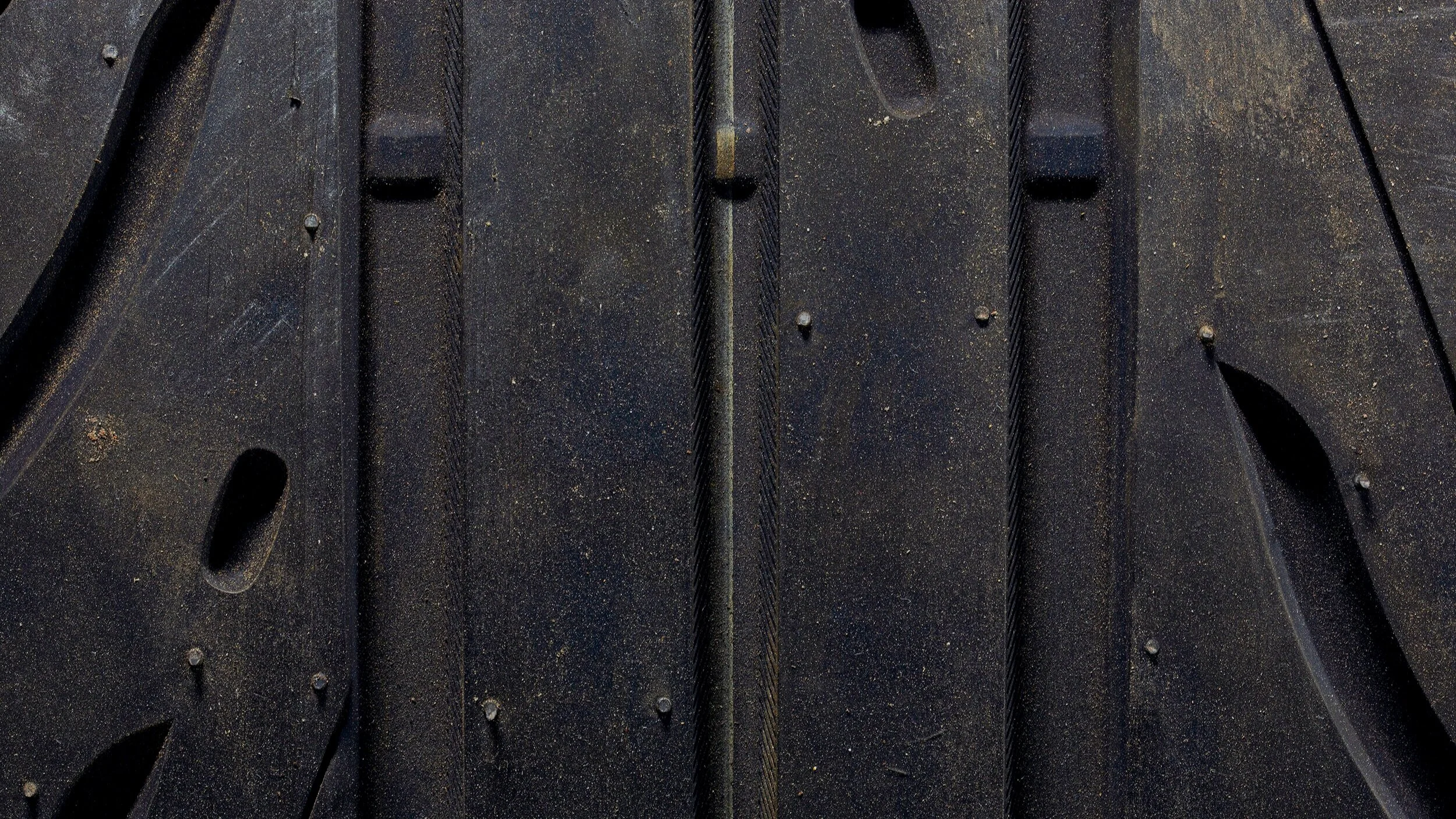R-Compounds Explained
Why do r-compounds matter?
We know there are a lot of you out there that haven’t fully grasped the concept of r-compounds. And we get it. They can be confusing. Mostly because the question most of you have is: What is an R-compound and why does it matter? Trust us - if you aren’t already using r-compounds, they will change your life. So let’s start from the top.
What is a r-compound?
According to The Department of Transportation, “A competition-spec, D.O.T. (Department of Transportation)-approved homologation of rubber that was neither wholly designed for the street nor the track”. In layman's terms, a r-compound is the manufacturer’s compromise between what they think you need, and a full-blown racing slick.
The materials used in R-Compound tires allow for extreme grip and control. When driven at the right temperatures they absolutely provide you with a competitive edge.
How they work?
R-compounds work on heat. The more they are heated, the better they perform. The tire becomes grippier as they heat up, but due to the softer compound, it also wears quickly, allowing the tire to go through only a few heat cycles before you can no longer use it. The tires longevity depends on it’s UTQG rating (See the NHSTA explanation here). In short, the UTQG tread rating serves as the only indicator of the performance capabilities of that tire. A tire with a 100 UTQG rating will yield exceptional grip but will wear very quickly and is suited for only light street driving, while a tire with a 200 UTQG rating will still give great grip and will last longer on the track and the street. Any tire (even r-compounds) that is rated over 200 UTQG seriously sacrifices performance for longevity.
Now, what’s the big hoopla about r-compounds?
For starters, r-compounds are the closest you can get to slicks without sacrificing on steerability. This is possible with their strengthened sidewalls and sticky compound, giving you more grip than your standard junk yard UHP (Ultra High-Performance tire). Because of this, r-compounds tend to be a softer tire that wears quicker. That’s why, depending on the tire UTQG rating, r-compounds aren't recommended for your daily driver but are specifically designed for ‘race’ or minimal daily driving (depending on UTQG). With the added grip of a r-compound, any driver will gain the edge they need in competition.
What are the down-falls of r-compounds?
We don’t want to scare you away but we want to be truthful. Unlike the junkyard tires you might be running, r-compounds wear quickly. That is just something you give up for the performance they provide. This makes them more expensive, not only because you have to buy them by the truck load but also because of the specific compound, which makes the manufacturing process pricier per tire. The general rule when it comes to r-compounds: the lower the UTQG rating the more expensive. Moreover, the importance of rest time (cool down period) for r-compounds will make or break the longevity of the tire. Most of the time though we don’t have the luxury of letting the tire cool resulting in hot lapping and shredding your rubber faster, making you just want to suck it up and use worse tires. But let’s be real. We know that a good tire will make or break whether you finish at the top of the podium or if you only are able to run 2 laps.
Our plug.
Unless you find a r-compound tire with a happy medium. The Accelera 651 Sport is the perfect split between r-compounds and street tires. At a 200 UTQG rating, the 651 Sport grips like a r-compound but wears like a street tire, giving you the most out of the heat cycles you put it through. Even with less rest time in between cycles, the 651 Sport delivers with almost perfect tread wear. You can see how driver Caleb Quanbeck’s eight hot-lapped tires look below, where’s there still a little bit of tread left.
The Accelera 651 Sport combines r-compound racing capabilities and street legality, making it one of the most versatile racing tires out there. Its unique tread pattern cuts through water which makes it a must-have in wet conditions.
With so many options for tires, from different brands, to different tread patterns, it’s hard to determine what would work best for you. The things that you need to consider while diving into r-compounds are the performance you want out of your tires, and the application you use them in. We do know one thing for sure: once you use an r-compound, you will instantly notice the difference. R-compounds will change your enTIRE outlook on how a tire works for you, whether it's at a track day or during your weekly cruise.


